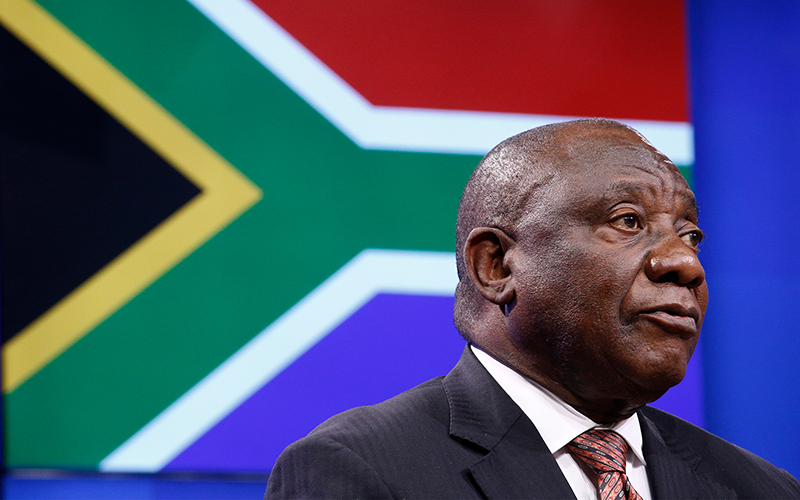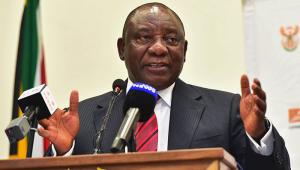web_president-cyril-ramaphosa_credit_alexandros_michailidis_shutterstock_1230635659.png

South African president Cyril Ramaphosa. Image © Alexandros Michailidis/Shutterstock
In his yearly State of Nation address last week, Ramaphosa said that Covid-19 has exacerbated the level of unemployment in the nation, which hit 34.9% last year.
He added that greater infrastructure investments, will enable companies expand to new markets, helping to reduce unemployment.
Ramaphosa said: “The problems in the South African economy are deep and they are structural.
“When electricity supply cannot be guaranteed, when railways and ports are inefficient, when innovation is held back by a scarcity of broadband spectrum, when water quality deteriorates, companies are reluctant to invest and the economy cannot function properly.
“With a view to addressing these challenges we are accelerating the implementation of far-reaching structural reforms to modernise and transform these industries, unlock investment, reduce costs and increase competitiveness and growth.”
Ramaphosa added that South Africa’s transition into a green economy would create jobs in mining minerals that help provide clean energy, as well as green hydrogen, solar and wind.
An IMF report published today found that despite South Africa’s 4.6% GDP growth in 2021, poverty and inequality did not show signs of improvement, partly fuelled by “anaemic private investment”.
Increased Covid-19 spending saw the fiscal deficit soar to 9.7% of GDP in 2020, before declining to a forecast 8.4% in 2021, the report said.
However, the IMF said that due weak institutions, additional spending failed to improve the financial position of the nation.
The report said: “The fiscal position deteriorated following the introduction of Covid-19-related measures and the transfers to state-owned enterprises, whose operational and financial performance deteriorated further.”
Additionally, the IMF said that growth will remain lacklustre over the medium-term, with GDP forecast to rise an average of just 1.4% from 2023.
The organisation said that economic growth is capped by structural constraints to investment, policy uncertainty and elevated public debt, which hinders job creation.
A second corruption inquiry published earlier this month found that South Africa paid out $2.7bn in contracts to companies linked to a family with close ties to former president Jacob Zuma.
The report found that between 2011 and 2018 around 41bn rand of contracts from state rail company Transnet were given to firms linked to the influential Gupta family.











